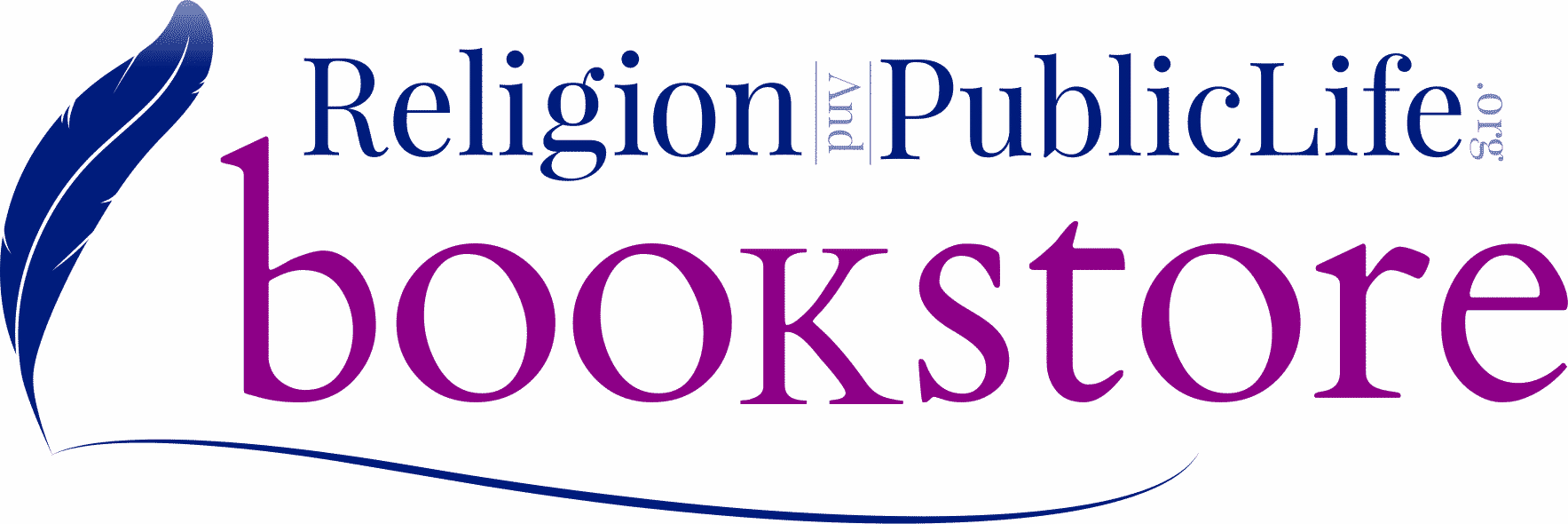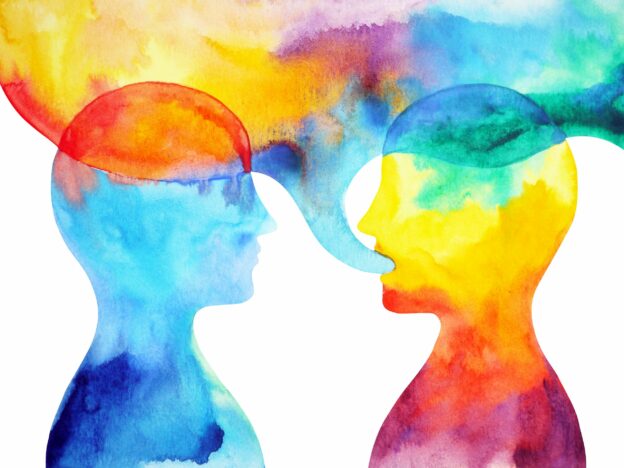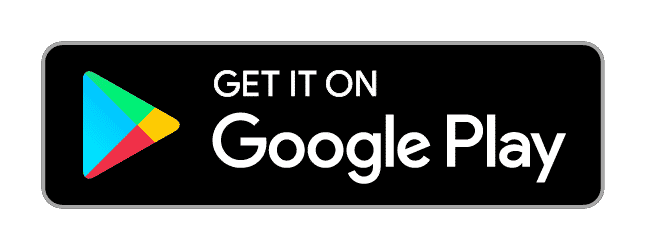Learning Objectives
By successfully completing this course you will
- Unpack the complex origins of oral history as a research method;
- Examine components of an oral history interview;
- Understand the vocabulary required to identify oral history within other research and storytelling contexts; and
- Explore foundational oral history projects.
Login
Accessing this course requires a login. Please enter your credentials below!




